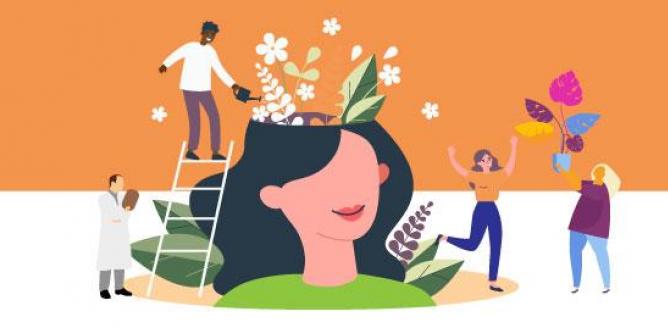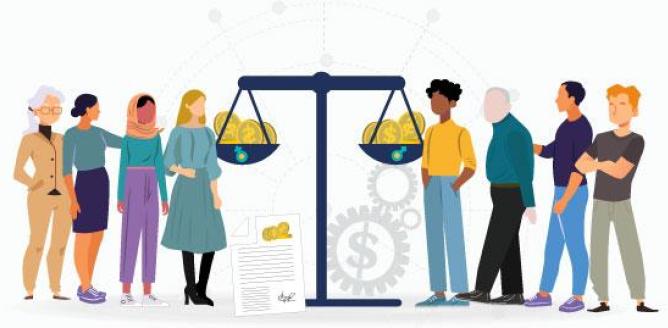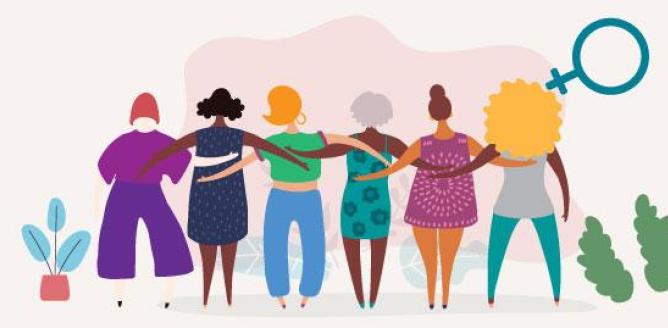“We have to protect our minds and our bodies and not just go out and do what the world wants us to do” - Simone Biles, US gymnast
With tens of millions of people around the globe tuning into the Tokyo 2020 Olympics to watch the world’s most talented sports people, it is difficult to fathom the immense pressure faced by the athletes competing.
For those sports people who are favoured going into the games, the challenge is even greater. Research has shown that world champion athletes who have won major international competitions subsequently experience far greater demands, and two thirds of these sports people will never go on to win again. For black female athletes, media scrutiny only compounds these pressures.
Simone Biles, the US gymnast widely touted as the greatest of all time, was always going to make headlines out of these Games. She went into the competition as the runaway favourite to win the all-around title. On Tuesday last week headlines were made, but not as anticipated: she withdrew from the finals citing mental health reasons.
Simone Biles’ decision comes on the heels of tennis star Naomi Osaka withdrawing from the French Open on similar grounds -- both choosing to forgo medals, trophies and titles to prioritise their well-being. In general, they have been receiving widespread support and we hope this positive acceptance of prioritising mental health can extend far and wide.
By choosing to protect their well-being by saying “no”, in the face of immense pressure, these young female athletes are demonstrating unequivocally, why they are such powerful role models. By doing so, they allow each of us to do the same; inviting us to rethink our assumptions of what constitutes success. The same applies to the sports sector, the media and all employers. Greater recognition of the link between performance and well-being can normalise practices such as wellness leave, provision of mental health resources and team mindfulness or other mentally nourishing practices.
While their talents are truly exceptional, their stories are in many ways familiar. Pressures to take on ever increasing workloads and greater responsibility echo true for many, and the mental toll of COVID-19 should not be underestimated. With 18 months of intermittent social distancing and health fears, many employees have anxiety around returning to the workplace. This is amplified by a rapidly changing job market, with McKinsey reporting that up to 25% more employees will need to switch occupations as a direct result of changes brought on by the pandemic.
In Hong Kong, a “mental health emergency” was declared before the pandemic had begun, and the prevalence of anxiety and symptoms of depression have increased since then. At TWF, we have noted the gender specific challenges women and minorities have faced during the pandemic , and the potential career ramifications and mental health issues need attention as we move forward. All of these developments mean that we have the opportunity to re-evaluate how we structure our work lives.
Let’s look to Biles and Osaka as inspiration as they challenge us to create our own boundaries in our personal and work lives. Let’s give ourselves permission to make time to care for our mental health. Let’s model kindness and understanding as we explore what it looks like to turn down invitations and extra work to protect our collective well-being.
Get in touch at Fiona.Nott@twfhk.org





















